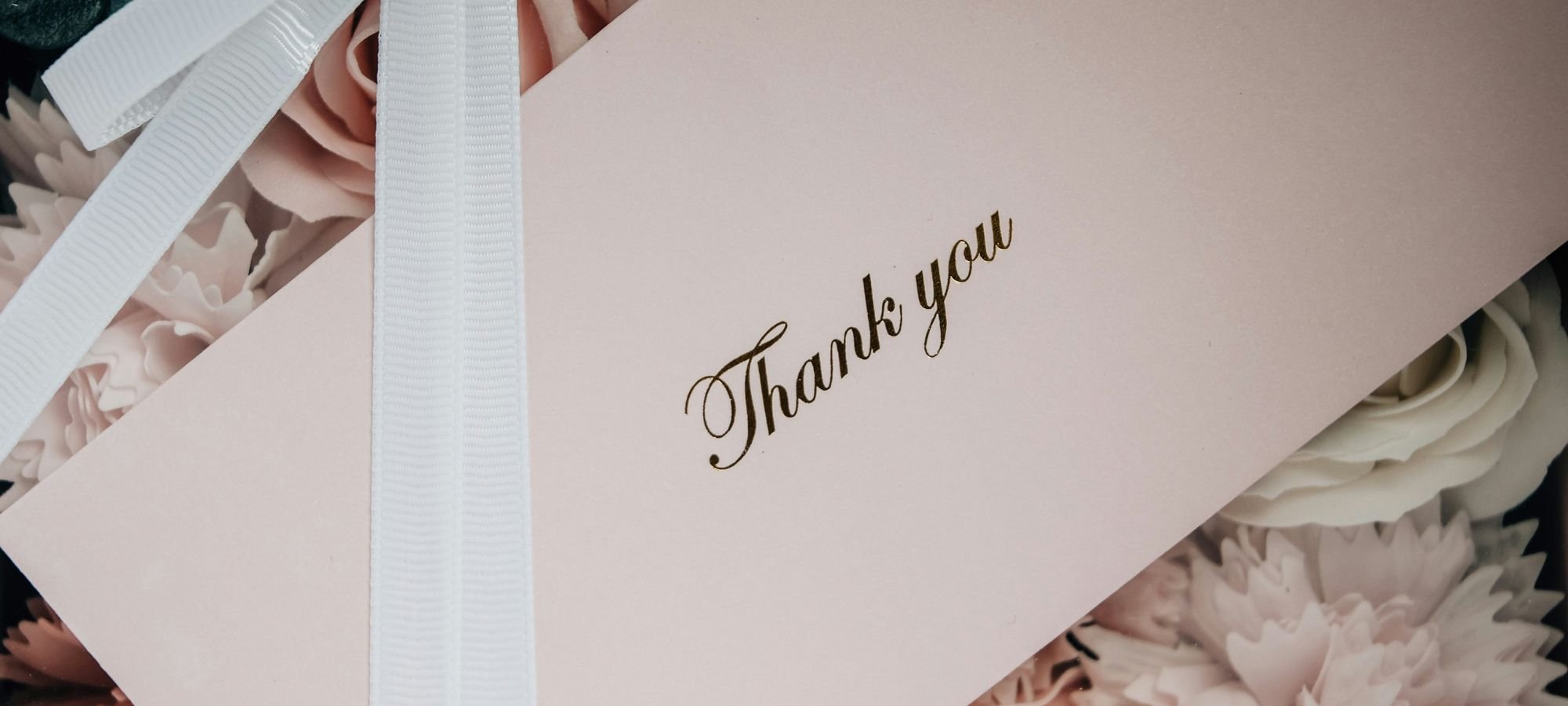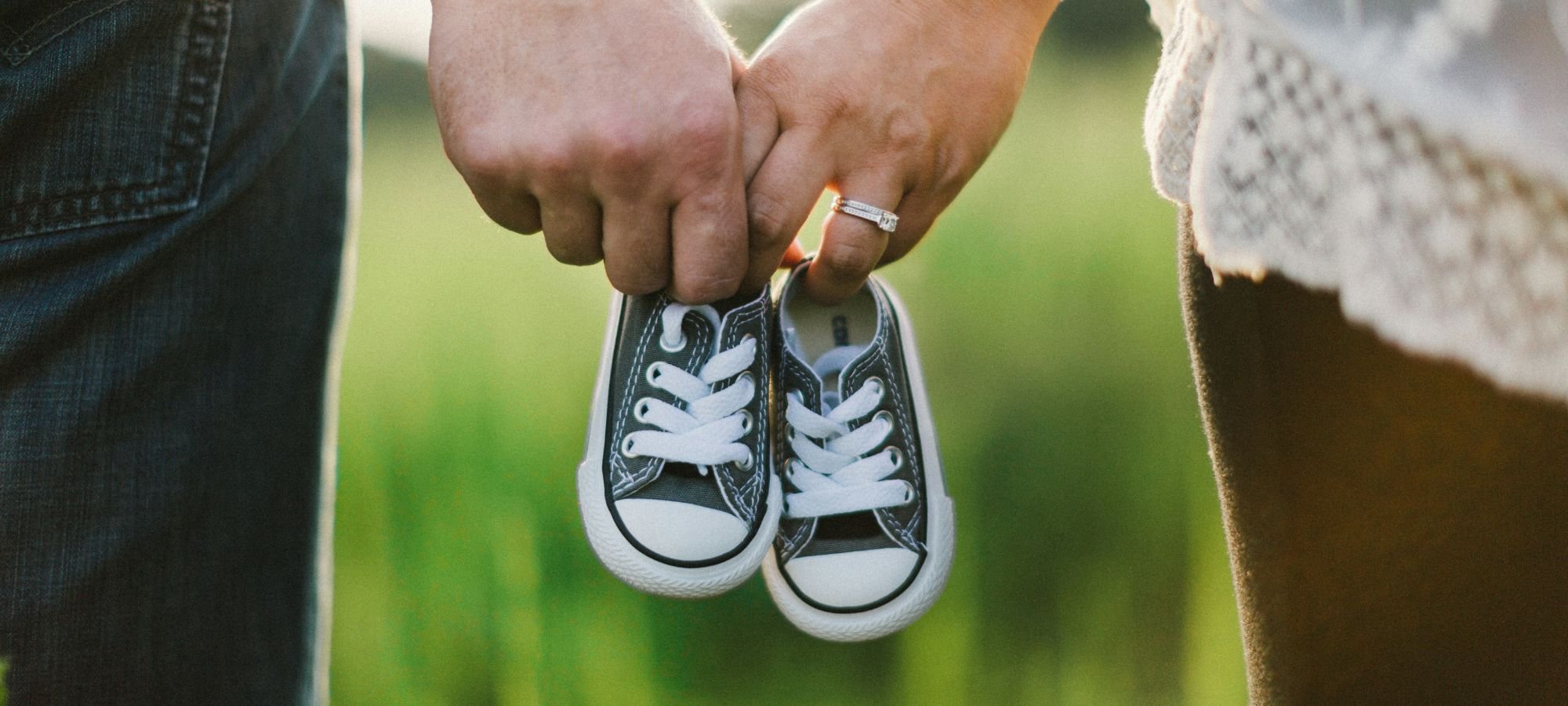Let’s face it, some of us need to sleep more – and sleep better. We all know how important it is to catch some ZZZs every night, and yet we spend hours and hours scrolling through our Twitter feed until, all of a sudden, it’s 3am and you have to be up for work in a couple of hours. Oops.
Even those of us who stick closely to our bedtime routine, and are off to dreamland by midnight suffer from sleepless nights. In our switched-on modern world, we could all do with learning to sleep better.
Of course, it’s not as simple as just going to bed an hour earlier. Plenty of studies show that there are a variety of daily things that contribute to a better or worse night of sleep, many of which we all do each day without thinking.
So, to help you find the best way to improve your sleeping habits, and ultimately sleep better, here are a variety of simple steps on how to get a better night’s sleep that you can start trying today.
How to improve your quality of sleep
We’ll start with some general tips and get the obvious thing out of the way first.
Cut out the blue light
Put down your phone before you go to bed. Your phone, computer, social media, the lot of it – it all keeps your mind awake and active rather than letting it settle before you tuck yourself in for the night. One of the worst contributors to poor sleep is scrolling on your phone while you’re in bed.
Your phone and computer give off what’s known as blue light. This type of light mimics the qualities of daylight, tricking your brain into thinking it’s the morning rather than the evening.
Combine this with your brain being crammed full of interesting, but mostly irrelevant information offered by your social platform of choice, and you’re left with a combination of a loud mind and a disrupted sleep cycle.
We know it’s not what you want to hear, but the first step you need to take if you’re looking for how to improve the quality of sleep you get is to disconnect from your phone, computer, and TV at least 1-2 hours before you turn in.
Doing this gives your mind time to calm and process the day’s information, and lets your body know that it’s bedtime. If you find you’re struggling to do this, there are plenty of apps out there that can either diminish blue light or lock you out of your favourite apps overnight.
Make sure you’re getting plenty of sunlight
Speaking of light. Another good way to improve sleeping habits is to go outside during the day. Exposure to bright daylight helps to reboot your body’s natural sleep rhythm. If you combine this with exercise, then your odds of you getting a goodnight’s rest will only increase as you’ll naturally feel more tired in the evening. However, you should avoid doing any intensive exercise right before bed as this will have the opposite effect by waking you up.
Another tip you can’t go wrong with is getting into a regular sleep routine. First and foremost, you should try to wake and sleep at the same time every day. If you need to wake up at 7am, then you need to be in bed no later than 11pm.
Once you get used to this, your body’s natural sleep-wake cycle will adjust, and you’ll naturally start to feel tired around the time you’d normally go to bed. You might even find that you wake up before your alarm.
Improve your morning alarms
And seeing as we’re on the subject, let’s talk about alarms for a second.
For one thing, you should get yourself an actual alarm clock; a low-light model or an old-school analogue design are ideal. If you have to use your phone, put it on silent overnight and be sure to place it out of arms reach, preferably at the other side of the room. Not only will this prevent you from checking it in the night, it’ll force you to get out of bed to turn it off in the morning, waking you up in the process.
To help bolster your new routine, you should try to do something before bed that relaxes you. This could be anything from reading a book, meditation, or even running yourself a cool bath while listening to some chill, lo-fi beats. As little as 20 minutes of this can make a world of difference to how quickly you fall asleep.
Make some time for your thoughts during the day
Last but not least, putting aside sometime in the day to be alone with your thoughts can be an incredibly beneficial way to calm your mind and figure out what important things you need to do the next day, rather than lying awake in bed till the early hours unable to shut your mind off.
Is it better to sleep without a pillow?
While doing any one of the things we’ve just mentioned is likely to help improve sleeping habits, one thing you should do is get proper bedding.
Proper bedding supports your body and keeps you cool overnight. The pillow is an important part of anyone’s bed as it provides support for the head and spine.
In some cases, though, it can actually be beneficial to forgo a pillow, particularly if you sleep on your stomach. But if you sleep on your back or side, then a pillow is a must to avoid neck and back pain.
So, is it better to sleep without a pillow? Potentially, though it’s recommended you reduce the number of pillows you sleep with or try a different type of pillow first to see if that makes a difference.
How to improve deep sleep
If you’re finding that getting to sleep isn’t a problem but you’re waking up groggy and irritable, it might mean you’re not getting enough deep or REM sleep.
Deep sleep is particularly important as it’s the period in a sleep cycle where your body heals itself. If you’re interested in how to improve deep sleep, a lot of it might stem from diet.
Cut back the booze
A primary contributor to bad sleep quality is alcohol. While alcohol doesn’t prevent you from sleeping, it does slow the body’s natural healing rate and the benefits of REM sleep. Even if a nightcap helps you relax, by the time you’re asleep it’s already started to affect your sleep cycle.
Now, we’re not here to tell you suddenly go tee-total, but if you drink a lot, then it might be a good idea to cut back on the nights when you’re not going out with friends. After all, there are other health benefits to drinking less alcohol besides better sleep, and you can still drink non-alcoholic drinks.
Cap the caffeine
Another key factor in how to improve quality of sleep is to reduce your caffeine intake. By all means, have your morning espresso, but once it gets into the afternoon, it’s a good idea to switch to decaf.
There’s no question that drinking caffeine in moderation has its health benefits, but it stays in your system for a long time and puts your body on alert status for hours after consumption. It’s recommended that you don’t drink caffeine 6-8 hours before bed. So, if that bedtime is 11pm, no caffeine from 3pm.
How to sleep better with anxiety
Sometimes though, it’s not as simple as switching our phones off or changing what we drink. For some of us insomniacs, our minds just can’t stop swirling.
Learning how to sleep better with anxiety can be tricky, and there’s no single solution. We recommend trying all the tips we’ve just suggested, particularly reducing how much time you spend on social media, but we do have some specific tips on how to sleep with anxiety.
Stick to a routine
First and foremost, stick to your bedtime routine whenever you can. Routines can help ground you as you don’t have to worry about anything unexpected happening. There are exceptions to this rule of course, like staying out late with friends, but, when possible, keep it the same.
Keep your bedroom clear
Next, if possible, try to make your bedroom dark and distraction-free. Tidying and decluttering your room has numerous mental health benefits by itself, but reduced light and temptation will make it easier to get some rest.
Light a candle
If relaxing before bed is a problem, and you don’t fancy a bath or shower, then you can always invest in candles that help you sleep. Scents like lavender, chamomile, and bergamot are particularly relaxing. If you light them twenty or thirty minutes before bed, you’ll give the candle time to properly disperse its scent. Blow it out before you sleep, and the smells will hopefully help you drift off.
We have plenty of candles that help you sleep as thortful gifts – perfect for the insomniac you love in your life.
Get up and do something relaxing
Last but not least, if you’ve tried all of the above and you still can’t fall asleep after twenty minutes, the best thing you can do is get up and do something you find relaxing; so long as you do this in somewhere that isn’t your bedroom. This will help your mind to calm and prevent it from associating going to bed with anything other than sleep.
Does chocolate help you sleep?
The short answer is no, but also yes. Helpful. Solid chocolate, regardless of whether it’s milk or dark, contains high levels of sugar and stimulant chemicals. Rather than relaxing you, chocolate is more likely to wake you up.
However, hot chocolate made with milk can be an effective relaxer. Milk has chemicals in it that help to calm your body, which might help to explain why hot cocoa before bed is so popular in winter.
All that advice might be a lot to take in, but if there’s one thing you should take away, it’s that your bed should be reserved solely for sleeping (and private activities with your partner). Keep Netflix to the couch and your phone out of arms reach once your tucked in.
If, after all that, you’re looking for gifts to help relax you before you turn in, we’ve got a huge selection for you to choose from. From bath powders to make your next soak pop, to flowers you can nestle around your room if candles aren’t your thing.
We also have a massive range of congratulations cards, so you can help a friend celebrate getting their first month of good sleep. You’ll have no problem finding an original card to make your friend smile. And for more wellness guides and lifestyle tips, check out the rest of the thortful blog.






